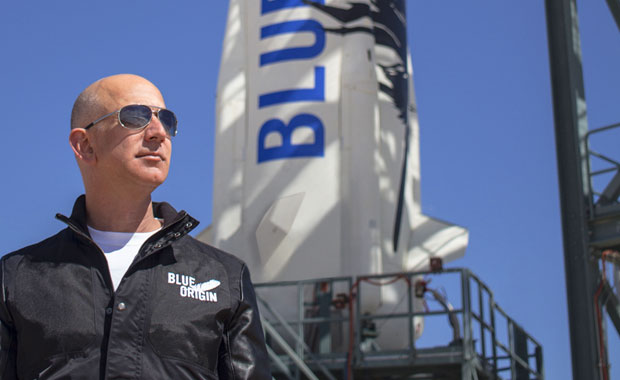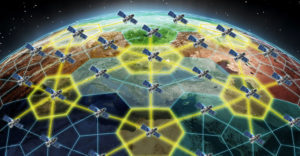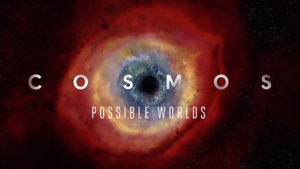Blue Origin’s New Shepard rocket this week made history when it landed intact in Texas. The unmanned crew capsule returned safely from a test flight that took it 330,000 feet into the air.
The New Shepard could become the first reusable booster — it’s scheduled to return to space in a few months. It’s now tucked into a storage facility at a launch site in West Texas.
Blue Origin, founded by Amazon founder Jeff Bezos, aims to lay the foundation for an enduring human presence in space — a goal that reusing rocket boosters could help to achieve.
The company’s effort to bring back a rocket earlier this year was doomed by a hydraulic failure. This time, the New Shepard succeeded in using its hydraulic thrusters and fins to slow and guide its descent.
This time, the rocket was able to weather crosswinds whirling at speeds of up to 119 mph. Its BE-3 engine powered on to slow the descending rocket from a speed of about 387 mph to 4 mph during the last 100 feet of its landing.
Blue Origin’s Big Implications
Commercial spaceflight companies have been engaging in a quietly competitive race, with each careful not to give away too much while working to gain mindshare despite the public’s loss of passion for space exploration following the Apollo missions.
Tesla Motor CEO Elon Musk’s SpaceX and others have been pursuing reusability aggressively, believing that it is one of the “most game-changing technology developments available in the immediate future,” said Dale Ketcham, chief of strategic alliances at Space Florida.
“The deployment of that capability into the marketplace will provide a competitive cost advantage to commercial launch providers that will be unrivaled,” he told TechNewsWorld.
While the rules and dynamics of this current competition are different, the space program began as a race between the U.S. and the Soviet Union, said Ketcham. The Soviet Union jumped ahead of the U.S. by being the first to put a satellite into orbit — Sputnik — and then by sending the first human into space, he noted.
“We ended up winning the big prize, with Neal Armstrong’s footprints on the moon, but it was the race that drove the accomplishments which we all remember and continue to benefit from,” Ketcham said.
Dream Again
What’s exciting now is that two of America’s most successful entrepreneurs have been engaged in a highly competitive race to dominate the market for commercial space, said Ketcham.
“Both of these initiatives are occurring without government money or even government customers,” he said. “This is the private marketplace doing what it does best, and America will be the better for it. This commercial race can again inspire and excite the American public.”
Despite the likes of Bezos and Musk replacing the U.S. government’s long-term leadership, public interest in this latest race for space “seems notably lacking” when compared to engagement with the early days of space exploration, observed Charles King, principal analyst at Pund-IT.
“It’s hard to say why that’s the case, though the current attitude of U.S. society toward science seems stuck between profound ignorance and deep cynicism,” he told TechNewsWorld. “If competition between Bezos and Musk can somehow reverse or repair that situation, then more power to them.”
While the public may be slow to show enthusiasm for the rapid rise of the commercial spaceflight industry, the accomplishments are no less profound. Blue Origin deserves kudos for being the first firm to perform a successful vertical takeoff and landing with a rocket, King said. “If the company can press ahead from this achievement into successful orbital travel and landing, it will be a huge leap forward for commercial space travel.”





















































Its a nice start however not as impressive as doing so from an orbital mission. SpaceX did several short hop up and back flights years ago. The altitude is quite a bit higher than any of the Spacex flights however the reentry velocity is nothing like SpaceX. When Blue Origin starts doing orbital returns that will be impressive.
I thought this was a big deal until I went to their web site and realized this was just going to be a thrill ride into space venture for the 1%. Nothing marvelous about taking rich people for a 4 minute ride into the boarder of space and Earth. At least Space X has managed to sign a NASA contract to do a bit more then Blue Origin. The real contractors of private space are those putting satellites and other useful systems into orbit. Not what Blue Origin is doing.